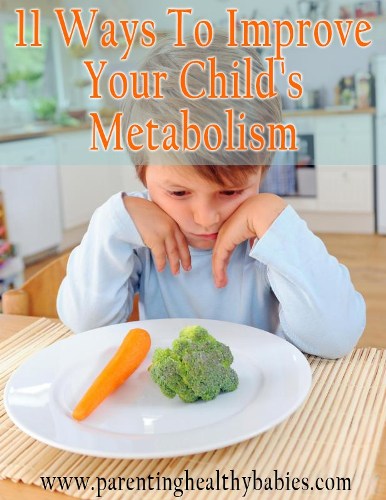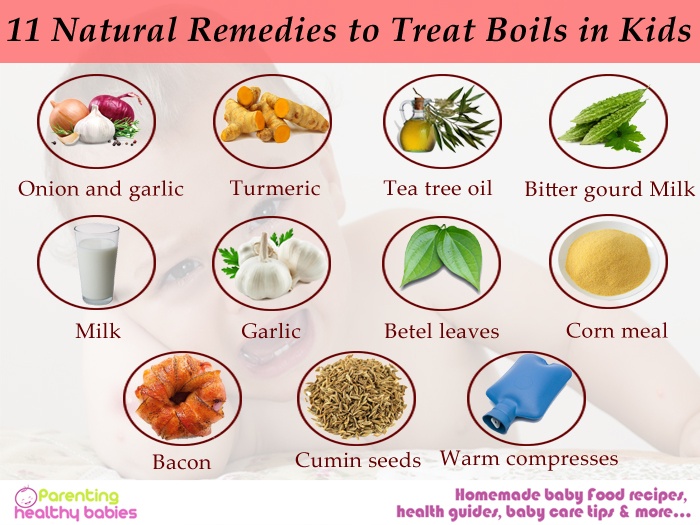Though thyroid-related disorders are usually developed during adulthood, they can be seen in infants, children, and teenagers. It is hard to recognize the symptoms of thyroid disease in children as there can be a change in appetite, sleep patterns, emotions, and energy, which can also be experienced during normal development in the initial years of life.
Types of thyroid in children
Following types of thyroid disorders can be seen in children :
Congenital Hypothyroidism:
During infancy, the detection of thyroid disease through a newborn screening test is difficult. Only Congenital hypothyroidism can be detected at birth easily. Soon after infancy, until and unless if there are any thyroid disease symptoms are observed or if there are chances of thyroid disease due to inheritance, thyroid tests are not performed.
Hypothyroidism:
Due to the underproduction of thyroid hormone in the thyroid gland of a child, hypothyroidism can be observed. This is more common than hyperthyroidism, a condition where the thyroid gland produces a high amount of thyroid hormone. Both conditions are known to affect the growth, health, concentration ability as well as learning skills of the child.
Hashimoto’s thyroiditis (HT):
It is characterized as hypothyroidism and is referred to as the most common type of thyroid disorder in children.
Symptoms
Common symptoms of hypothyroidism and hyperthyroidism are :
Hypothyroidism
- Short stature or growth retardation
- Rough and dry skin
- Constipation
- Cold intolerance
- Easy bruising
- Lethargy and low energy levels
- Delayed puberty
- Bone fractures or delayed bone age on X-ray
- More sleeping
- Breathlessness
- Hoarse crying
- An umbilical hernia
- Jaundice
Weight gain in children is not usually seen in children.
Hyperthyroidism
Symptoms of hyperthyroidism are also known as thyrotoxicosis:
- Emotional imbalance resulting in frequent crying, irritability, and excitability
- Lack of alertness
- Tremors
- Increased appetite
- Weight loss
- Enlargement of thyroid gland i.e. goitre
- Protrusion of eyeballs (Exophthalmos)
- Upper eyelid lag
- Infrequent blinking of eyes
- Muscle weakness
- Hypertension
- Increased heart rate with palpitations (Tachycardia)
- Excessive sweating
- Hot flushes
Thyroid disease associated with other endocrine condition
The thyroid gland is itself an endocrine gland and can be seen along with other endocrine conditions like diabetes, pituitary, tumours. Symptoms of thyroid disease associate with other endocrine disorders are:
- High or low blood glucose
- Galactorrhea i.e. white discharge from the breast
- Vision issues
- Headaches
- Pseudoprecocious puberty
- Hypertension or hypotension
Treatment
Hypothyroidism treatment
Synthetic thyroid hormone, known as Levothyroxine is used to encounter the low thyroid levels produced in the body. In the case of chronic thyroid disease, replacement dose is preferred and given slowly over the weeks to months. It is done to prevent the occurrence of unwanted side-effects like short attention spans, insomnia, and hyperactivity.
Hyperthyroidism treatment
Hyperthyroidism is usually not seen in children and is difficult to be diagnosed. Treatment in hyperthyroidism in children initiates with antithyroid drugs which start their work and show effect after 6 to 8 weeks. Other options of treatment include:
- Radioactive Iodine – Children above 10 years with uncontrolled hyperthyroidism can be treated with radioactive iodine.
- Surgery – For the best long-term benefit, surgery is done to remove the gland. It can be performed in all aged children or in children where other treatment options failed.
Though both radioactive, as well as surgery, can end up as long time hypothyroidism state in the child, can be treated through Levothyroxine supplements.
Complications
The following are potential complications of thyroid disease:
- Hypothermia
- Cognitive impairment
- Coronary heart disease
- Reduced lung function
- Depression
- Nerve damages
- Delayed intellectual development
- Delayed puberty
- Thyroid Cancer (children with Hashimoto’s thyroiditis)
A child with thyroid disease needs medical attention as it could be a lifelong condition or condition which could be managed and its complications can be dealt with very well.
When to seek help
Thyroid disease can be hereditary therefore, in case of family history with such conditions parents should inform the pediatrician and get the screening tests done. If parents notice any unusual symptoms, symptoms found in thyroid disease, they should seek medical help.
A pediatrician is most likely to perform blood tests, including thyroid hormone levels:
- Children with hypothyroidism are like having low free thyroxine levels and high thyroid-stimulating hormone (TSH)
- While children with hyperthyroidism have high T4 and T3 levels and low TSH.
Conclusion
A child with thyroid disease requires treatment. Parents should consult the doctor as soon as they notice symptoms. However, thyroid disease is hard to be diagnosed in growing age but once diagnosed, with the help of proper medications, thyroid disease can be managed easily.













